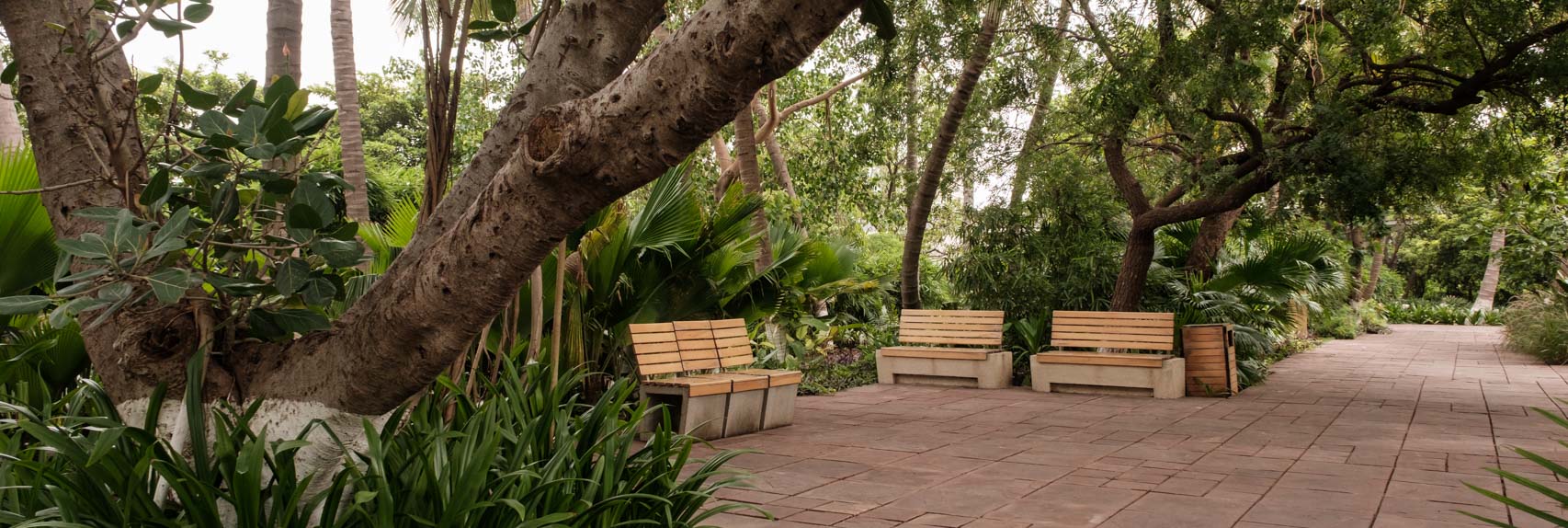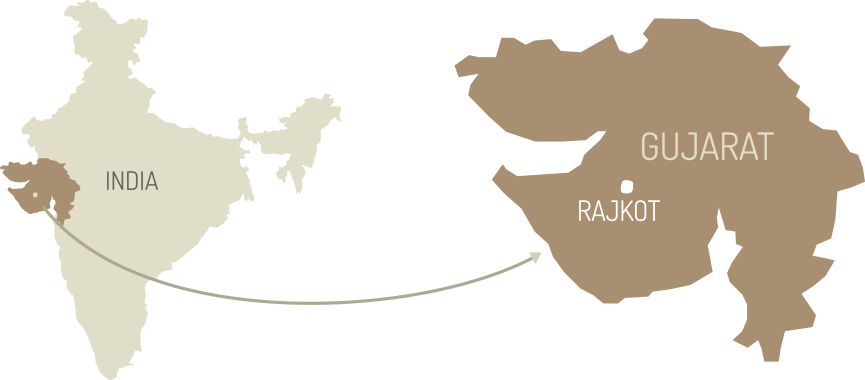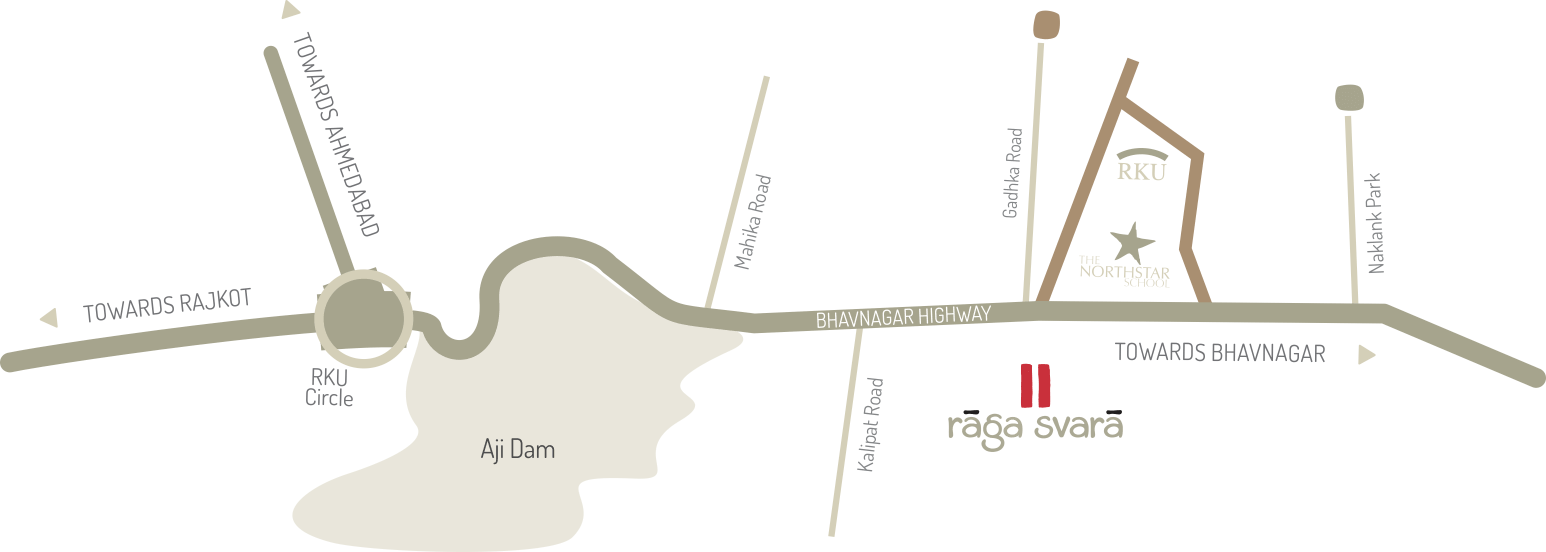

Raga Svara is located at Kasturbadham, Rajkot-Bhavnagar Highway, Rajkot, Gujarat, India. Our campus is about 45 min drive from Rajkot Airport. We will arrange personal transfers from Rajkot Airport, which are included in the Retreat price. Rajkot has direct flight connections from Mumbai, Delhi, Goa and Bangalore.

